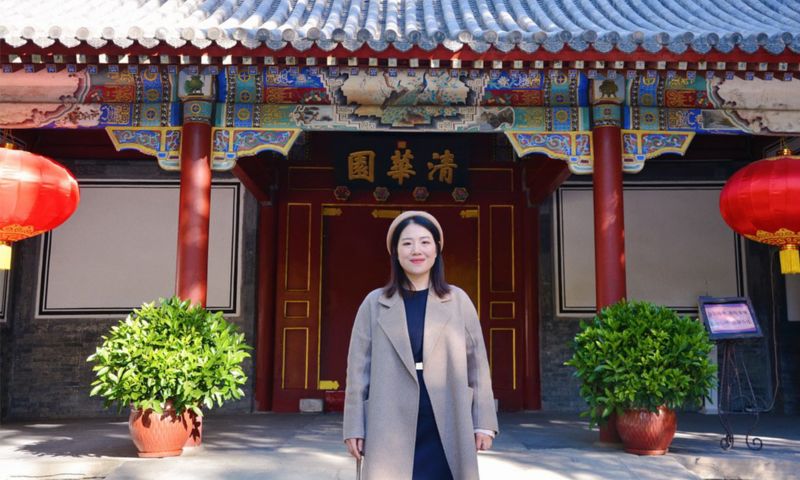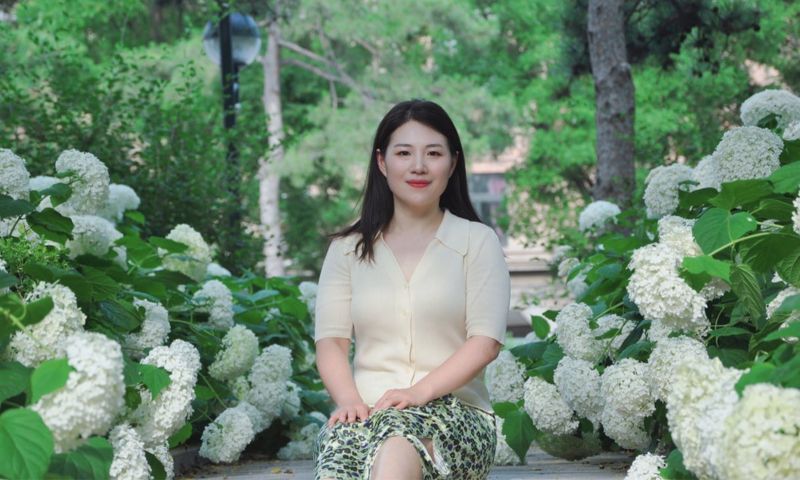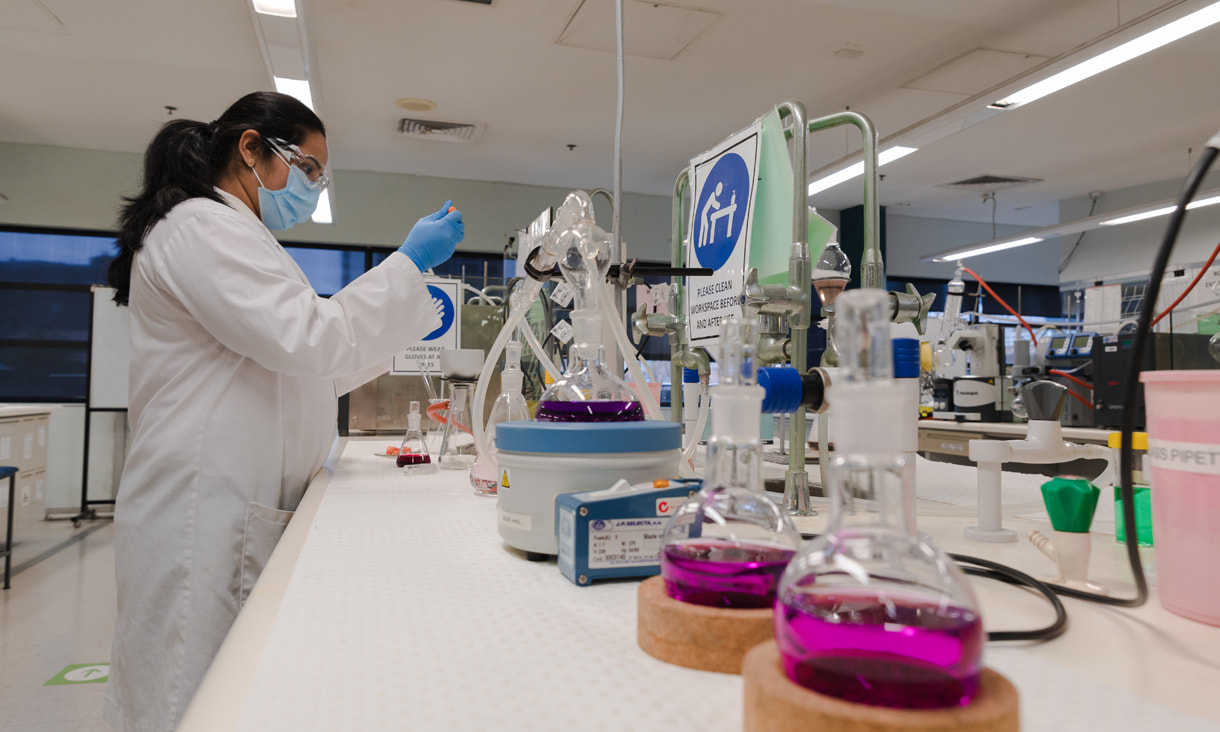What attracted you to study in Melbourne at RMIT?
My parents preferred Australia as the ideal destination for me to study. Among all the cities in Australia, I personally like Melbourne the most as it is not a city of skyscrapers, but more like a city full of arts and history.
At that time, I wanted to find a university that offers a more diverse and practical curriculum design. With all these factors in mind, I chose RMIT!
How did RMIT help you with your study and career goals?
It’s been almost 15 years since I started my studies for a Bachelor of Environmental Engineering at RMIT and I have never changed my research area since day one. The years I spent at RMIT were invaluable as they helped me to have a better understanding of this industry and laid the foundation for my future career.
I think the courses at RMIT were very practical. We went to a variety of sites to learn different subjects. The teachers were very flexible in terms of how they taught the knowledge. For example, we didn’t even have any textbooks provided to us during our classes in geology. Instead, we’ve learnt everything from visiting the outdoor fields. I remember that the teacher always said to us, “You have to get your hands dirty!”
What was your experience of the teachers and learning methods at RMIT?
I found every teacher at RMIT had their own unique way of teaching! For example, the geology teacher I mentioned earlier had a very lively teaching style and always liked to engage with students during his lessons.
I remember [another] teacher worked with City West Water in Melbourne on a number of projects, involving local urban infrastructure and wastewater treatment. During my time working with him, I [discovered] how to apply the knowledge that I learnt to a real-life project.
I was very impressed by all the teachers who taught me at RMIT. Because of their different work and life backgrounds, I was able to gain knowledge from different perspectives. All the examples they shared with me have helped me realise how could I use them in my future workplaces.
What made you return to China to pursue your career? What is your day like working at Tsinghua University?
In the final year of my PhD studies, I had my graduate thesis reviewed by two experts in different industries. One of the experts who reviewed my thesis was my current boss at Tsinghua University. He was very interested in my research and offered me a job opportunity. I thought about it and decided to accept this offer to work back in China.




